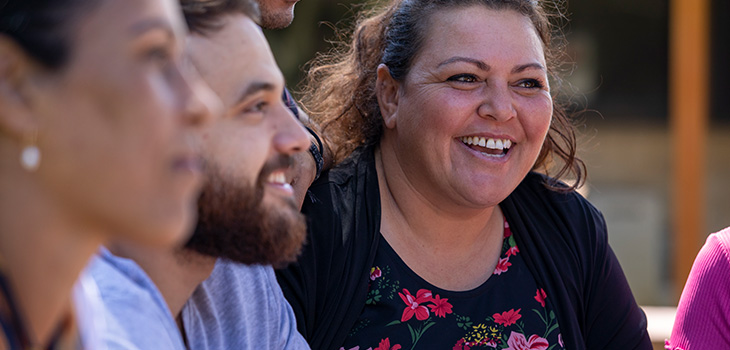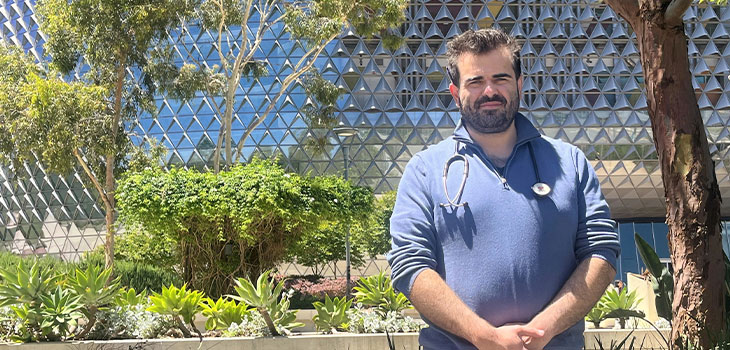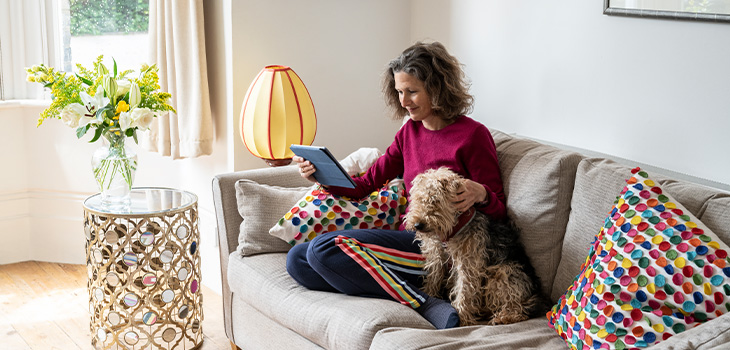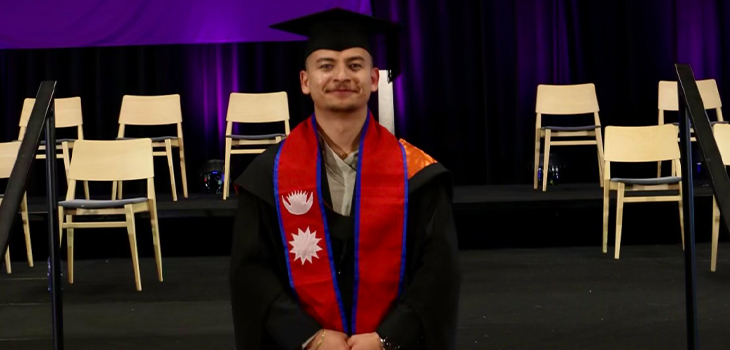Supporting women through life’s moments

From career breaks to new beginnings, HESTA is here to help keep your super on track through each chapter. Women’s careers don’t always follow a traditional path. Families can grow, priorities can shift, and paid work can be reduced or put on pause. But that doesn’t mean your financial future should suffer. Start by truly […]
The New Aged Care Act (2025): Reform or reality for nurses?

The Aged Care Act 2024, commenced on 1 November 2025. It has ushered in the most significant overhaul of aged care law in a generation. Grounded in rights, dignity and accountability, it replaces a 25-year-old framework with one built around transparency and fairness for older Australians. For nurses, the largest health professional group in aged […]
The campaign for a national Human Rights Act

Did you know that Australia has no national human rights framework? Australia has been a signatory to the Universal Declaration of Human Rights since 1948, but this has never been adopted into Australian law. There are state and territory-based human rights charters in Queensland, Victoria and the ACT, with legislation introduced in NSW in October […]
Make health your 2026 habit

As 2025 ends, you may find yourself reviewing your year. Are there things you might have done differently? Have you developed habits that don’t serve you well? If you’d like to set new intentions for 2026 and replace old habits, the Nurse Midwife Health Program Australia (NMHPA) can help. If you’re not familiar with NMHPA, […]
University of Tasmania empowers nurses with Australia’s most flexible postgraduate nursing program

The University of Tasmania has officially launched its redesigned Advanced Nursing postgraduate program, a bold step forward in preparing nurses for leadership, expanded clinical roles, and interdisciplinary collaboration across Australia’s healthcare system. With more than 20 specialisations, including the newly added Palliative Care, the program offers unmatched flexibility and depth. Each specialisation is taught by expert […]
A new voice for nursing

The Australian Medicines Handbook (AMH) has welcomed a new nursing representative to its Editorial Advisory Committee, stepping into the role previously held by long-serving member Dr Helen Calabretto – a move that reflects AMH’s continuing support for the evolving needs of nurses. For nearly 30 years, the Australian Medicines Handbook (AMH) has been an important […]
How to improve your financial wellbeing

Due to high interest rates and the impacts of inflation, many of us are feeling the pinch right now, so here are some tips to help you feel more in control of your money, even in difficult economic times. But first: what exactly is financial wellbeing? According to Beyond Blue, financial wellbeing is about having […]
Recognising the hidden risk: Understanding filicide through mental health nursing and midwifery practice

Filicide, the killing of a child by a parent, is a devastating form of violence and an often-overlooked public health tragedy. This rare and shocking act reverberates across families, communities, and health systems. For nurses, particularly in mental health and midwifery, understanding filicide risk is crucial as a first step in supporting appropriate intervention with […]
Reframing End-of-Life Care: A call for courage and compassion in nursing and midwifery

How we die is complicated. Health and medical sciences and advances in clinical care have had a dramatic impact on Australians’ lives. Complex chronic illnesses are being treated successfully, and lives are prolonged. At the same time, the end-of-life has become increasingly complex and often protracted. Australians are living longer than ever, with median age […]
New grad registered nurse: Navigating the world of mental health

As a newly registered nurse fresh out of university, I was thrilled to be accepted into the specialist Mental Health GradStart program at the Lower North Shore Assertive Outreach Team (LNS AOT). Beginning my career in LNS AOT of the Mental Health Drug and Alcohol (MHDA) service was an exciting and enriching experience. The AOT […]

